Meet the DSG Team
DSG brings together a diverse team spanning disciplines and regions. Our work is supported by dedicated staff, an advisory board, non-resident fellows, and a range of external collaborators contributing to key projects.
Staff
The people driving our mission.


Dr. Shuchi Talati is a climate technology governance expert and founder & executive director of The Alliance for Just Deliberation on Solar Geoengineering (DSG). Prior to DSG, she most recently served as a Presidential Appointee in the Biden-Harris Administration in the U.S. Department of Energy where she was focused on creating just and sustainable frameworks for carbon dioxide removal. Dr. Talati has previously held roles in academia and civil society advising on policy and governance for emerging climate technologies, including as a Visiting Scholar at the Kleinman Center for Energy Policy at the University of Pennsylvania, an AAAS/AIP Congressional Science Fellow in the U.S. Senate and the Fellow on geoengineering research governance and public engagement at the Union of Concerned Scientists. She has a BS in environmental engineering from Northwestern University, an MA in climate and society from Columbia University, and PhD from Carnegie Mellon in engineering and public policy. Dr. Talati is a member of the oversight committee for the Exploring Climate Cooling programme, directed and funded by the Advanced Research and Invention Agency (ARIA), a UK R&D funding agency. This independent committee is designed to strengthen the governance of the programme. She is also an a member of the Advisory Board of Co-CREATE, a contributing author to the American Geophysical Union’s Ethical Framework for Climate Intervention Research, Experimentation, and Deployment, and was the co-chair of the Independent Advisory Committee to oversee SCoPEx, an effort to provide oversight for the proposed solar geoengineering experiment by Harvard University.


Michael Thompson is the Managing Director of the Alliance for Just Deliberation on Solar Geoengineering (DSG), where he contributes to strategy development, engagement, and global outreach. Previously, he served as a Senior Advisor at the U.S. Department of Energy, spearheading bilateral and multilateral cooperation on carbon management across Africa, Asia, and the Middle East. He has held senior roles at the Carnegie Climate Governance Initiative and co-founded the Forum for Climate Engineering Assessment, where he helped establish some of the earliest policy networks focused on solar geoengineering and carbon dioxide removal. Across his career, Michael has worked at the intersection of diplomacy, policy, and science to foster inclusive governance, advance technical collaboration, and elevate civil society participation at all stages of technology consideration.


Hassaan Sipra is a former consultant and senior researcher from COMSATS University Islamabad, Pakistan, and he has worked in the climate and environmental protection research and policy domains in several developing countries. Beyond his engagement work on SRM for DSG, he has been/is a team member on several grants-based SRM research projects through the Resources for the Future, the Harvard Global Empowerment Meeting Incubation Fund, The Degrees Initiative and the World Health Organization. He is a former Yale Law School Gruber Fellow on Global Justice/Women’s Rights and a former Andrew Sabin International Environmental Fellow. He holds a Master’s in Environmental Management from Yale University and a Bachelor’s in Economics and Environmental Science from Westminster College, MO.


Alia Hassan is an expert in international climate policy and governance, specializing in the engagement of Global South countries in deliberations on solar radiation modification (SRM). With extensive experience across government, intergovernmental organizations, and civil society, she focuses on strengthening the capacity of policymakers and stakeholders from the Global South to navigate emerging climate intervention discussions. As Director of International Policy at DSG, Alia leads initiatives to ensure equitable and science-based discussions on SRM governance, emphasizing inclusion, transparency, and ethical considerations. Previously, as Outreach Officer at the Carnegie Climate Governance Initiative (C2G), she worked with governments and international organizations to advance awareness on the need for governance of solar radiation modification and carbon dioxide removal. She has also worked with the United Nations Development Programme (UNDP) and served as Director of International Relations at Ecuador’s Ministry of Education and International Relations Advisor to the State Secretary of the Presidency of Ecuador. She holds a M.Sc. in International Relations from the University of Quebec in Montreal (UQAM).


Clara has been engaged with sustainable development at a grassroots and international level, from arts to politics, for the past 10 years. She has worked and volunteered with organisations such as the UNFCCC, UNU-EHS, World’s Youth for Climate Justice seeking an Advisory Opinion from the International Court of Justice and Youth and Environment Europe. She holds an MSc in International Development and Public Policy, having written her thesis as a pedagogical public policy case study of deep sea mining in Portugal, and a BSc in Business with focus in Creative Economy and Marketing, where she researched about sustainable fashion and the universities’ lack of preparation to equip youth for sustainable development in Rio de Janeiro. In the solar geoengineering field prior to joining DSG, Clara co-founded SRM Youth Watch, following her outreach activities with the Carnegie Climate Governance Initiative’s (C2G) Youth Voices for Emerging Climate Governance project. As part of that, she was an observer in the Marine Cloud Brightening fieldwork taking place at the Great Barrier Reef in Australia, participated in several events and workshops on geoengineering, and wrote contributions to the UN. Clara also serves on the Advisory Boards for the Cambridge Centre for Climate Repair and for the American Geophysical Unions’s initiative towards development and adoption of an Ethical Framework for Climate Intervention Research. Apart from her work at DSG, she will soon start a PhD at Cambridge University looking into fair and just pathways for outdoor research and potential deployment of climate intervention technologies.


Whitney Peterson is an expert in crafting impactful climate narratives and partnerships across the non-profit, academic, and government sectors, taking a holistic approach to addressing global climate challenges. Before joining DSG, she led sustainability communications for U.S. dairy, where she partnered with subject matter experts to translate complex topics, create innovative partnerships, and support high-profile events and media campaigns. Whitney also brings significant experience working on climate change adaptation in small island communities, spearheading capacity-building initiatives in American Samoa and across the U.S.-affiliated Pacific islands. She holds a BA in Social Ecology from the University of California, Irvine, and an MA in Climate & Society from Columbia University.


Lexi’s career has spanned communications, project management, event organizing and more – all with a focus on climate and justice. Most recently, she founded EarthPulse Solutions, building communities, experiences and content for projects at the tipping points of climate change. Lexi has progressed the work of organizations like the Ice Preservation Institute, Ivey Business School’s Centre for Building Sustainable Value, the Network for Business Sustainability, and the Society for Conservation Biology. She holds a BA in Global Development and a Graduate Diploma in Business from Queen’s University. Lexi is currently on the planning committee for the first San Diego Climate Week.
Advisory Board
Trusted voices informing our work.

Dr. Holly Jean Buck is an Assistant Professor of Environment and Sustainability at the University at Buffalo. She is a human geographer and environmental social scientist whose research focuses on public engagement with emerging climate technologies. Her research on carbon removal, solar geoengineering, and climate policy has appeared in journals like Nature Climate Change, Climatic Change, Nature Sustainability, Environmental Research Letters, and others, and she has also published two books related to climate intervention and decarbonization. She was a contributing author to the IPCC’s AR6 Working Group III report chapter on cross-cutting issues, including governance of land-based mitigation, carbon removal, and food systems. She has also served on the National Academies committees to develop research agendas on ocean carbon removal and atmospheric methane removal. Dr. Buck holds a Ph.D in Development Sociology from Cornell University and a M.Sc. in Human Ecology from Lund University.

Dr. Ben Kravitz is an assistant professor in the Department of Earth and Atmospheric Sciences at Indiana University. Previously, he was a staff scientist at the Pacific Northwest National Laboratory, where he maintains a joint appointment. Dr. Kravitz’s expertise is an international expert in climate model simulations of climate engineering. He co-founded and led for ten years the Geoengineering Model Intercomparison Project (GeoMIP), an international effort to coordinate climate modeling simulations of solar climate intervention. His work focuses on understanding design parameters for stratospheric aerosol injection and the potentials and limitations of solar climate intervention. His current activities also include using engineering and mathematical techniques in climate models to better understand climate feedbacks, studying teleconnections in high latitude climate, and developing climate model emulators. Dr. Kravitz received a B.A. in mathematics from Northwestern University, an M.S. in mathematics from Purdue University, and an M.S. and Ph.D. in atmospheric science from Rutgers University.

Dr. Rachel Licker is principal climate scientist with the Climate & Energy Program at the Union of Concerned Scientists. In her role, she provides strategic thinking and technical and analytical expertise across the organization, analyzes new developments in climate science, and communicates climate science to policymakers, the public, and the media. Prior to joining UCS, Dr. Licker completed an American Association for the Advancement of Science (AAAS) Science & Technology Policy Fellowship. For her fellowship, Dr. Licker served as a foreign affairs officer with the U.S. Department of State, where she managed its work with the Global Environment Facility trust fund. Before that, Dr. Licker completed postdoctoral training at Princeton University’s Woodrow Wilson School of Public and International Affairs. During that time, she also served as a chapter scientist and contributing author with the Intergovernmental Panel on Climate Change’s Working Group II. Dr. Licker earned her Ph.D. in environment and resources, and her B.S. in biology from the University of Wisconsin-Madison. She also holds an M.S. in environmental studies and sustainability science from Lund University in Sweden.
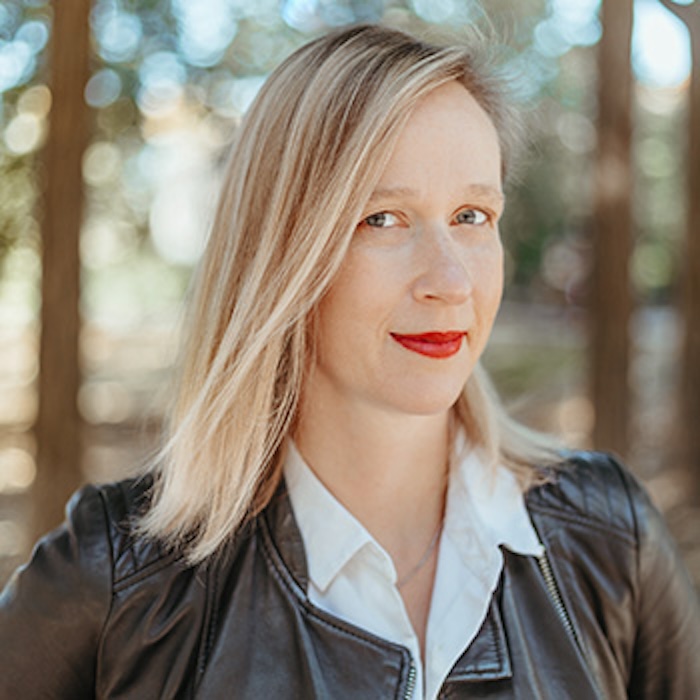
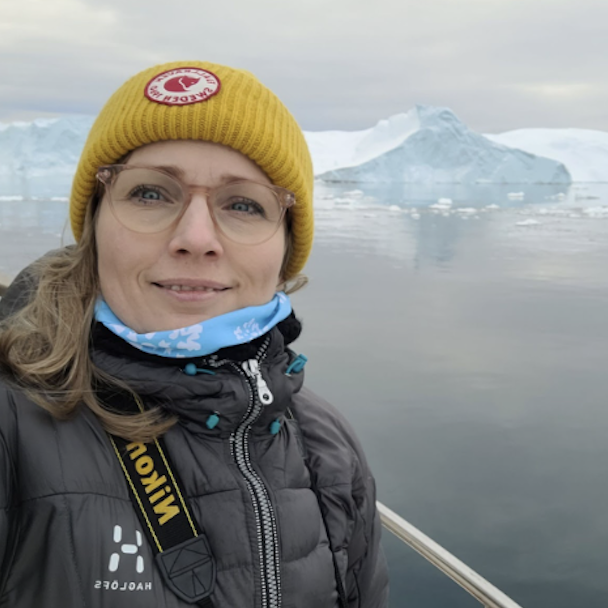
Ilona Mettiäinen is an Arctic environmental social scientist specializing in climate change and sustainability. Based at the Arctic Centre of the University of Lapland since 2010, her research focuses on how Arctic communities and Indigenous peoples make sense of climate change by co-designing place-based, situated responses to it, particularly related to adaptation and climate interventions. Her work integrates physical and social science perspectives with local and Indigenous knowledge, with a strong emphasis on public engagement, dialogue, and amplifying Arctic voices in climate interventions research. Currently, she investigates responsible SRM research governance in the EU Horizon Europe funded Co-CREATE project (2024-2026). Her previous positions include the Natural Resources Institute Finland (2021-2022) where she co-authored reports shaping Finland's current climate adaptation policy. Ilona is a co-author of the AGU (2024) ethical framework principles for climate intervention research. Besides the DSG advisory board, she serves as vice-lead of UArctic TN Frozen Arctic Conservation, executive board member of the Arctic Centre, and community advisor to Arctic Reflections.

Dr. Juan Moreno-Cruz is a Professor at the School of Environment, Enterprise and Development and the Canada Research Chair in Energy Transitions at the University of Waterloo. He is also a CESifo Research Affiliate. He earned his Ph.D. in economics from the University of Calgary in Canada in 2010 and his B.Sc. (2003) and M.Sc. (2004) in electrical engineering from the Universidad de Los Andes in Colombia. Prior to his current position, he was an Associate Professor in the School of Economics at the Georgia Institute of Technology (2011–2017). He has been a Visiting Researcher in the Department of Global Ecology of the Carnegie Institution for Science at Stanford University and an Advisor for Carnegie Energy Innovation (since 2017) and a Research Associate of Harvard University’s Solar Geoengineering Research Program. Dr. Moreno-Cruz’s research focuses on the interaction of energy systems, technological change, and climate policy. Dr. Moreno-Cruz has investigated how technologies designed to modify the climate affect the strategic interaction among nations. His work on climate geoengineering economics has been published in top journals in his field and presented at venues across the United States, Canada, and Europe. Dr. Moreno-Cruz’s work is at the intersection of applied theory and public policy.
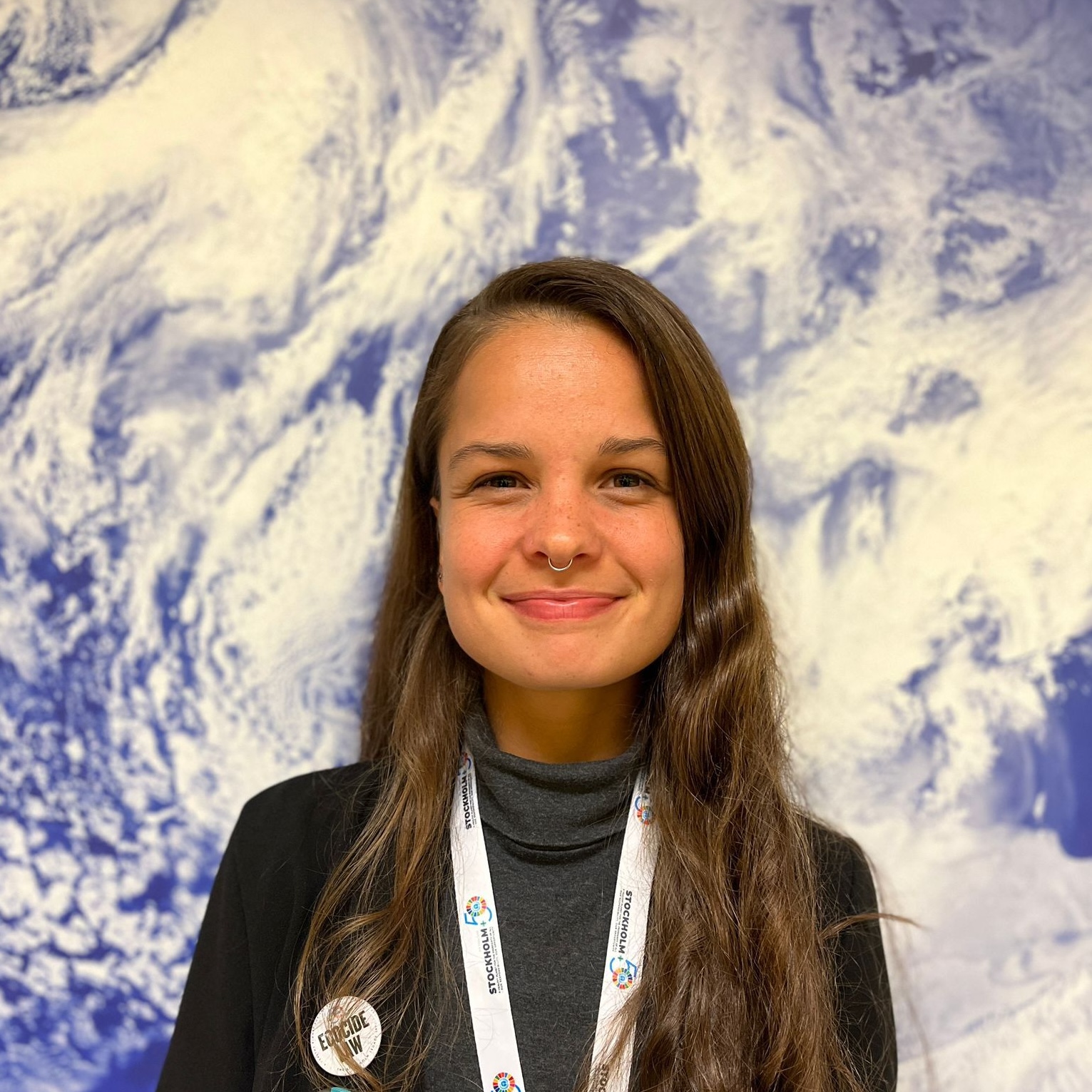
Stephanny Ulivieri is a young intersectional professional working in the fields of climate change, biodiversity, migration, and displacement, with an academic background in international relations, development, and international cooperation. She has experience working for the UN, the European Commission, and for several youth-led organizations at the European and global level.
Non-Resident Fellows
Advancing regional and interdisciplinary leadership.
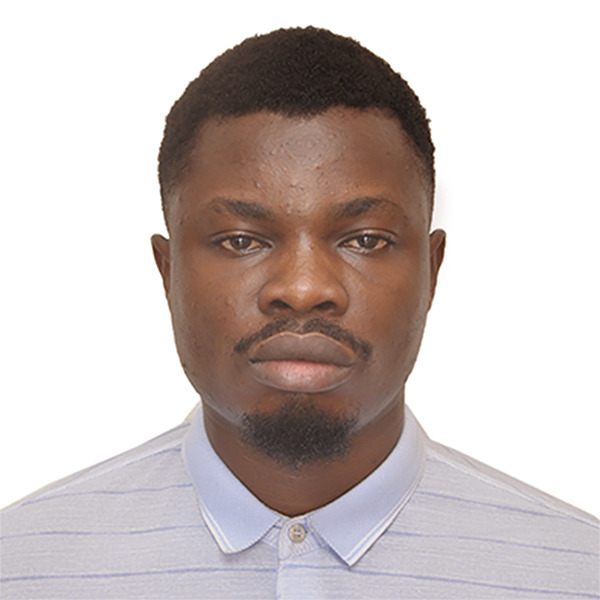
Ayomide Victor Arowolo is a PhD Candidate in Meteorology and Climate Science at the Federal University of Technology, Akure (FUTA), where his work explores atmospheric dynamics, climate extremes, and the societal dimensions of proposed climate intervention on the Western African climate system. He is a team member on solar geoengineering research, capacity building and engagement activities in this region through funded projects by The Degrees Initiative and Reflective, and has also worked on regional climate projects, such as assessing heat-health vulnerabilities in major African cities. His peer-reviewed publications cover ozone variability, aerosol–precipitation interactions, heatwave dynamics, high-resolution climate modelling, and climate intervention scenarios. Victor is also the founder and executive director of the EcoPath Environmental Sustainability Initiative, a youth-led African NGO championing climate education, air quality advocacy, and community engagement/resilience. He is committed to translating complex climate science into accessible insights and ensuring African priorities, values, and lived realities shape global conversations on climate futures. He also holds Master and Bachelor of Technology degrees in Meteorology and Climate Science from FUTA.
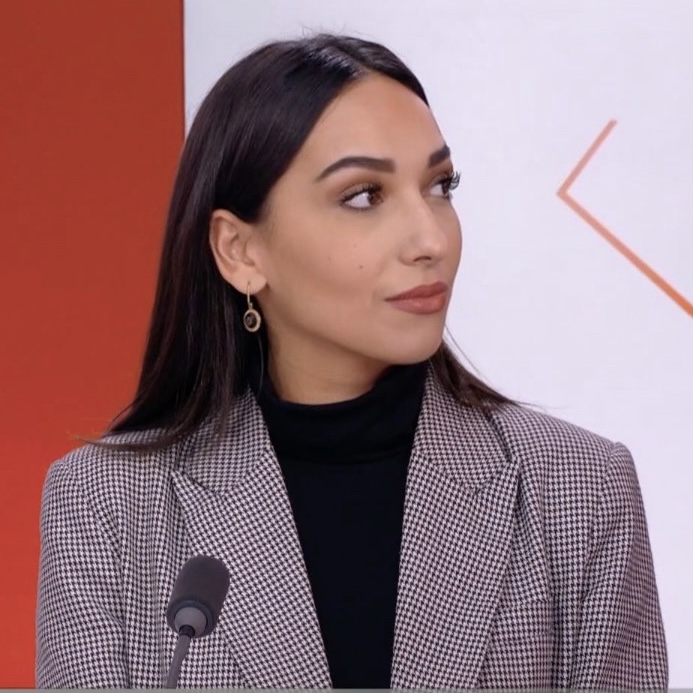
Sofia Kabbej is a researcher and independent consultant with expertise on the security and defense implications of climate change and climate intervention techniques. She advises public institutions, teaches at leading French and international institutions, and contributes to the public debate through conference appearances and media engagements. She is affiliated with the French Institute for International and Strategic Affairs (IRIS), specializing on climate change governance and geopolitical/security implications, including of solar geoengineering. Sofia is also the co-founder of the Climate Security & Peace Project (CS2P) at the NGO CliMates, where she previously held senior roles on advocacy and tracking climate negotiations. She holds a PhD from The University of Queensland (Australia); her thesis examined the political factors influencing French engagement with climate change as a security issue. She also holds a master’s degree in international security policies from the European School of Political & Social Sciences (Université Catholique de Lille, France), and a bachelor’s degree in political science and communication from the Université de Montréal (Canada).
Working Towards Just and Inclusive Deliberation
Our team is committed to advancing understanding and dialogue on solar geoengineering for a sustainable future.

